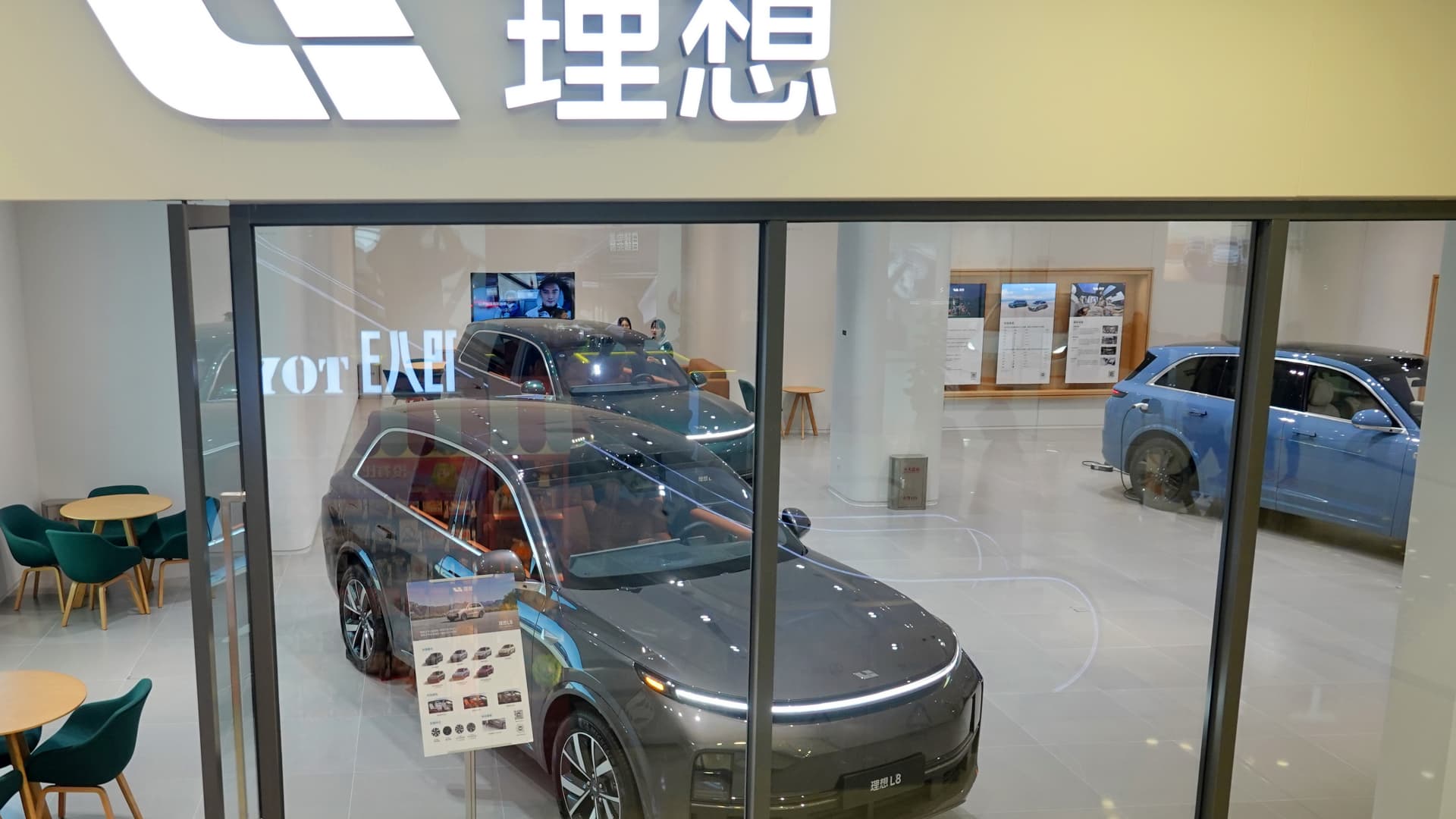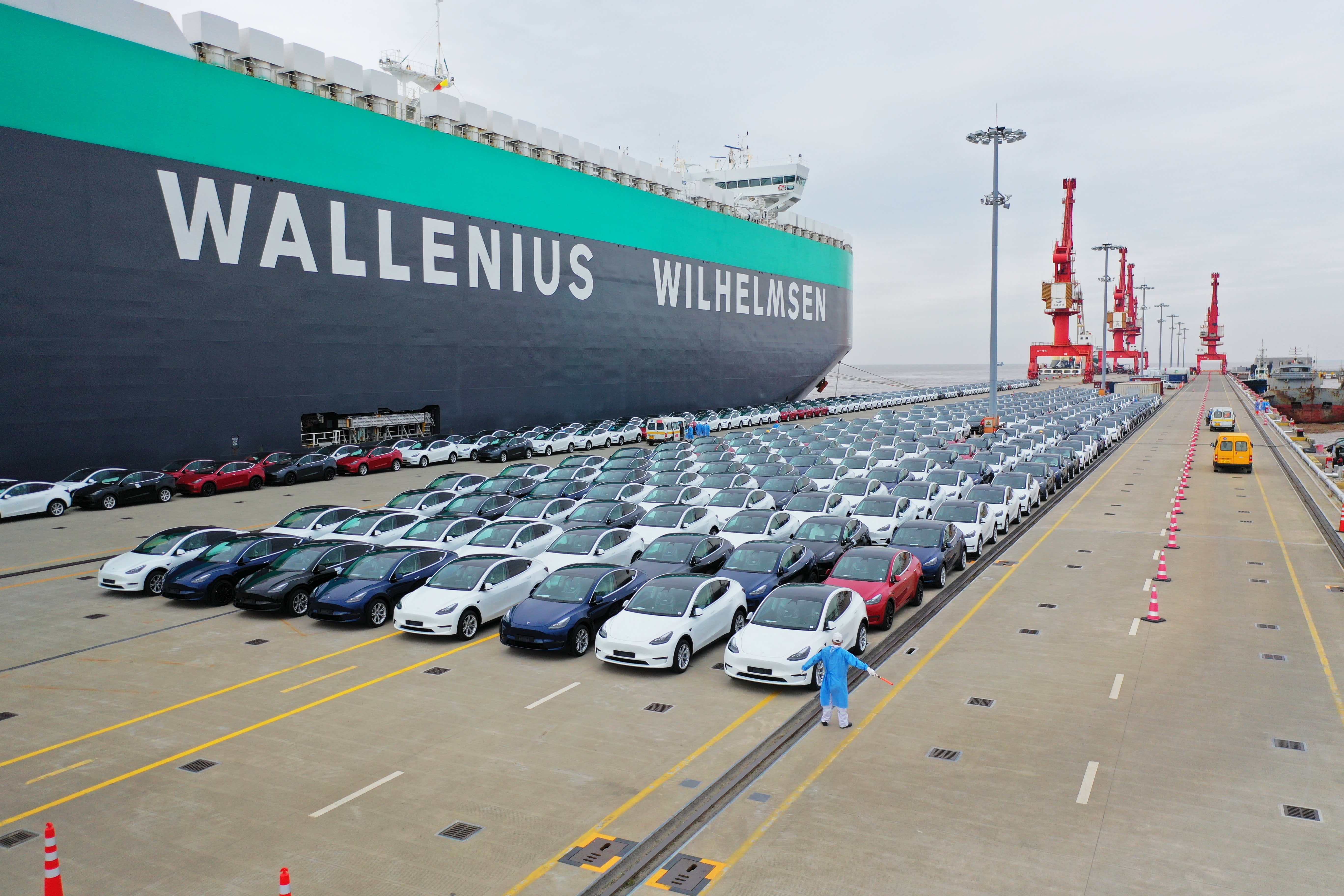Products You May Like
BEIJING — Chinese electric car startup Li Auto said it delivered more than twice as many cars in May versus a year ago.
For a third-straight month, Li Auto’s deliveries topped 20,000 with a climb to 28,277 vehicles in May, according to a release Thursday. That’s up by about 146% from a year ago.
related investing news
In contrast, competitors Nio and Xpeng both reported a year-over-year drop in monthly deliveries.
Li Auto differs from the two startups in that its electric cars come with a fuel tank for charging the battery and extending driving range.
That divergence comes as China’s fast-growing electric car market grows more competitive.
Average selling price is down by about 10% to 15% across brands, Bank of America Securities’ head of Asia Pacific basic materials, Matty Zhao said Friday on CNBC’s “Street Signs Asia.”
She expects China’s electric car market to grow by 27% this year to 8.7 million units, with penetration of overall auto sales set to grow to 32% this year, versus 26% last year.
Some brands, such as Xpeng, are trying to compete by selling advanced assisted driving technology.
Xpeng said it delivered 7,506 electric cars in May, up by a few hundred from April. The company said its P7i sedan saw a “substantial increase” in deliveries.
Last week, management said wait times for P7i orders was more than six weeks due to production delays, which they expected would improve in June. The company projected a significant increase in overall deliveries to more than 20,000 vehicles a month in the fourth quarter.
Nio delivered 6,155 cars in May, down from April and a year ago. The company is set to release quarterly earnings on June 9.
Based on Li Auto’s reported and forecast deliveries, the company expects to deliver at least 22,000 vehicles in June.
Those monthly deliveries are still only a fraction of the market compared with industry giants Tesla and BYD.

BYD said it sold 239,092 passenger vehicles in May, doubling compared with a year ago. About half were purely battery-powered, while the other half were hybrids.
Tesla sold nearly 40,000 cars to consumers in China in April, according to the latest figures available from the China Passenger Car Association. That’s up from the year-ago period which saw few electric car sales due to Covid controls that locked down Shanghai, where Tesla’s factory in China is located.
Tesla CEO Elon Musk visited Beijing and Shanghai this week for the first time in more than three years.


